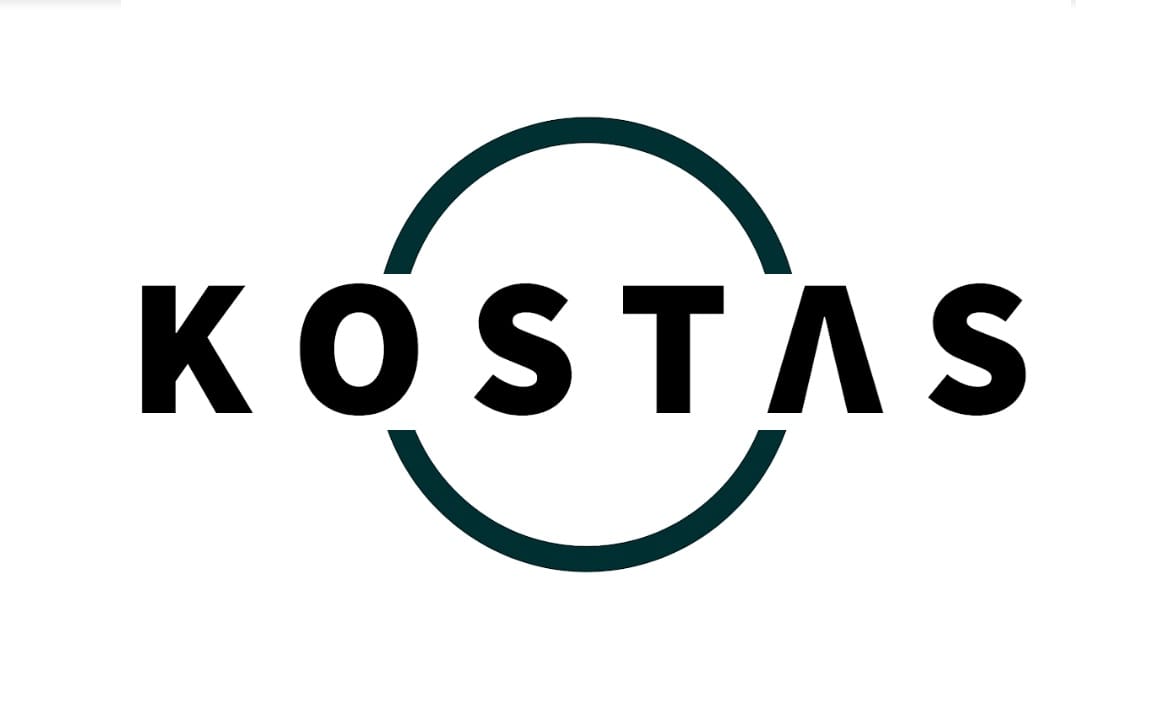The Trap of Dilemma: Why our Life Goes Beyond Simple Choices
To move beyond polarized thinking, we need to challenge the framing of these 'either-or' choices and seek ways to broaden the conversation.

I don't know about you, but wherever I look—be it politics, work, or social issues—I see a world increasingly defined by polarized views and black-and-white choices. We find ourselves lost and trapped in dilemmas: situations framed as 'either-or' decisions that oversimplify the complexity of reality. These dichotomies force us to take sides, sparking unnecessary conflict and reducing nuanced discussions to simplistic arguments. The pressure to conform to one view or the other often limits our ability to explore alternative paths that lie between, or even beyond, the two options presented.
The danger of these 'false' dilemmas, as I call them, is that they not only constrain our thinking but also shape the decisions we make, often leading us to pursue solutions that fail to address the root causes of issues. For example, the debate over remote versus office work is frequently framed as a strict choice between productivity and employee well-being, overlooking hybrid approaches that could strike a balance between the two.



